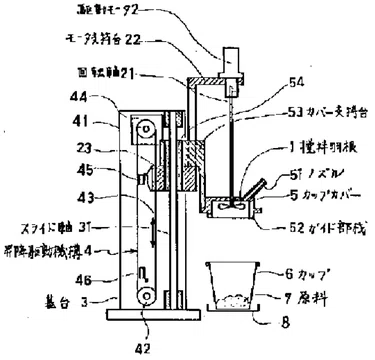In ruling on a protective order dispute today, Judge Andrews wrote:
Urban legend has it that one of my predecessors said he is not bound by his own prior decisions. But I have also heard many times that lawyers believe that predictability in a judge is a really good thing. Thus, since it seems to me that the considerations here are no different than they were in the prior case, I should make the same ruling here.
IP/DE takes no official position as to which previous judge he may be referring...
His Ruling Was Also Worth Noting
The protective order dispute concerned cross-use by a plaintiff of defendants' confidential information in a multi-defendant ANDA action.
Plaintiff' proposal allowed …






